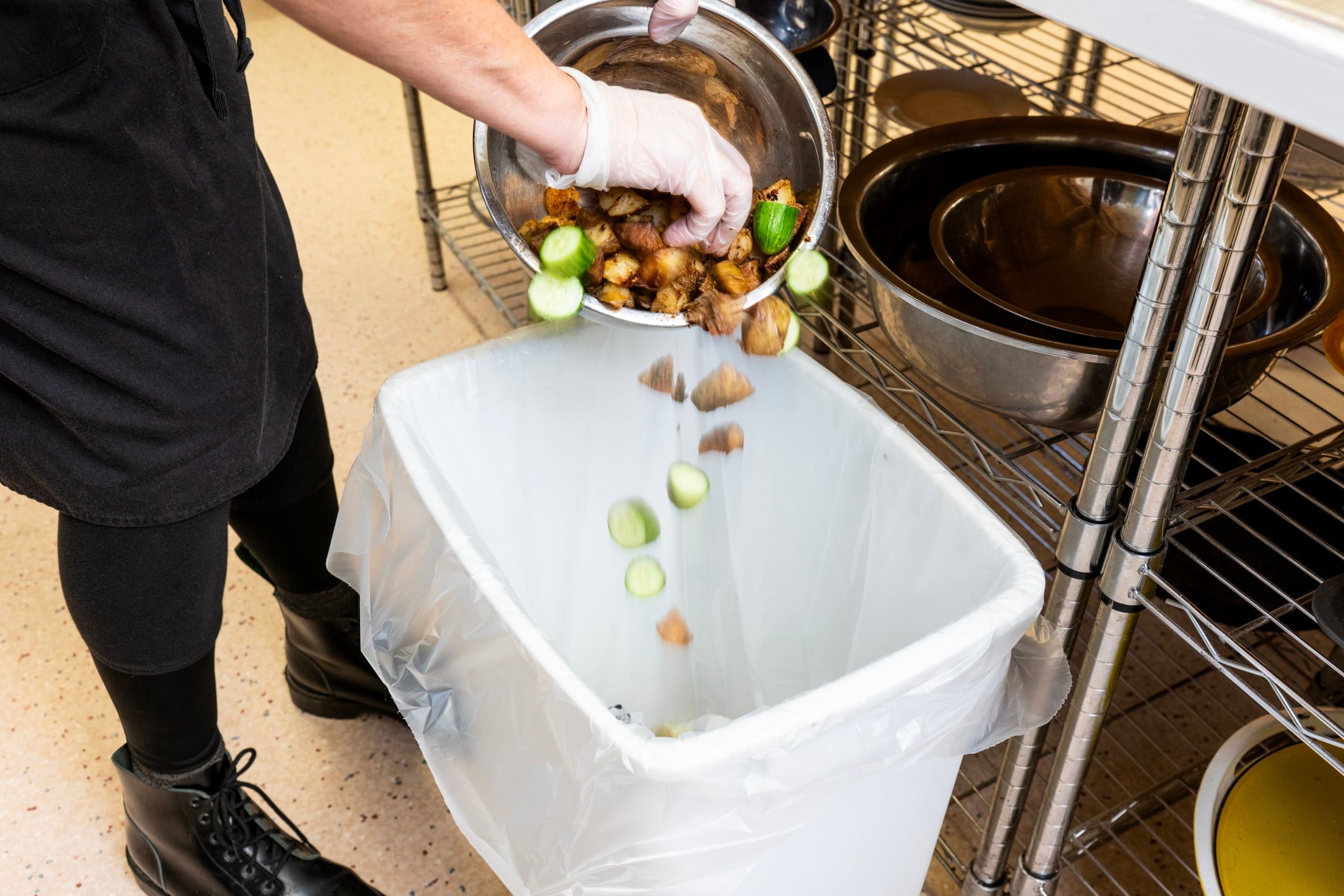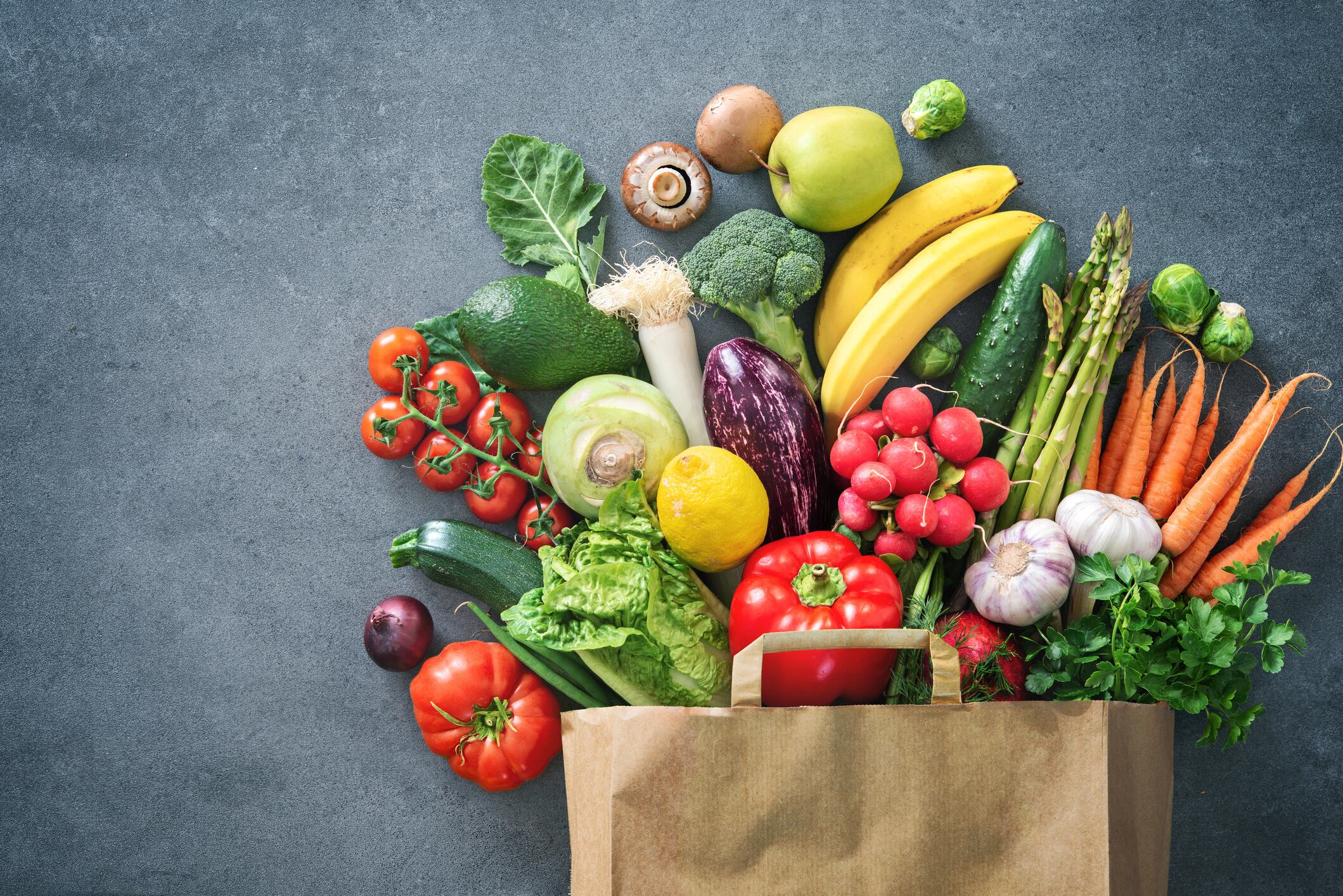The updated legislation will introduce binding food waste reduction targets that need to be met at the national level by the end of 2030.
This includes a 10% reduction in food waste by food processing and manufacturing firms and 30% per capita by retailers, restaurants and households.
The targets will be calculated by comparing future waste levels to the average amount generated between 2021 and 2023.
On request of the European Parliament, EU countries will be forced to take measures that ensure economic operators which play a significant role in the prevention and generation of food waste facilitate the donation of unsold food that is safe for human consumption.
Almost 60 million tonnes of food are wasted every year in the EU – the equivalent of 132kg per person.
Meanwhile, producers that make textiles available in the EU will have to cover the costs of their collection, sorting and recycling, through new producer responsibility schemes to be set up by each member state.
The law will now be signed by both co-legislators, ahead of its publication in the EU Official Journal. EU countries will have 20 months following its entry into force to transpose the rules into national legislation.
‘Decisive shift away from a throwaway culture’
David Gudgeon, head of External Affairs at Reconomy Connect, described the new reduction targets as an “important milestone”.
“It is encouraging that this baseline captures a broad, post-COVID data range, ensuring the targets reflect normal trading conditions,” Gudgeon explained.
“Meeting these ambitious targets will be demanding, but they signal a decisive shift away from a throwaway culture and the needless loss of resource-intensive food production. Reducing waste across the entire food value chain offers significant climate benefits, conserving land, water, energy, and carbon otherwise lost through inefficiency.”
Gudgeon added that in order to move towards a circular food systems, businesses and regulators will need to rethink the full lifecycle of production and consumption.
“This ruling sends a clear signal that Europe is ready to move beyond wasteful practices – opening opportunities for collaboration between producers, retailers, charities, and innovators to design a more resilient, resource-efficient food system," he continued.
“While the UK currently has no mandatory food waste targets, our national strategy is aligned with UN Sustainable Development Goal 12.3 and relies on voluntary initiatives such as the Courtauld Commitment 2030.
“Businesses can get ahead by embracing circular methods such as improved waste tracking, process redesign, and investment in circular infrastructure. This will not only support compliance in the EU but also unlock cost savings and efficiency gains and keep businesses agile to any similar regulatory changes in the UK.”





